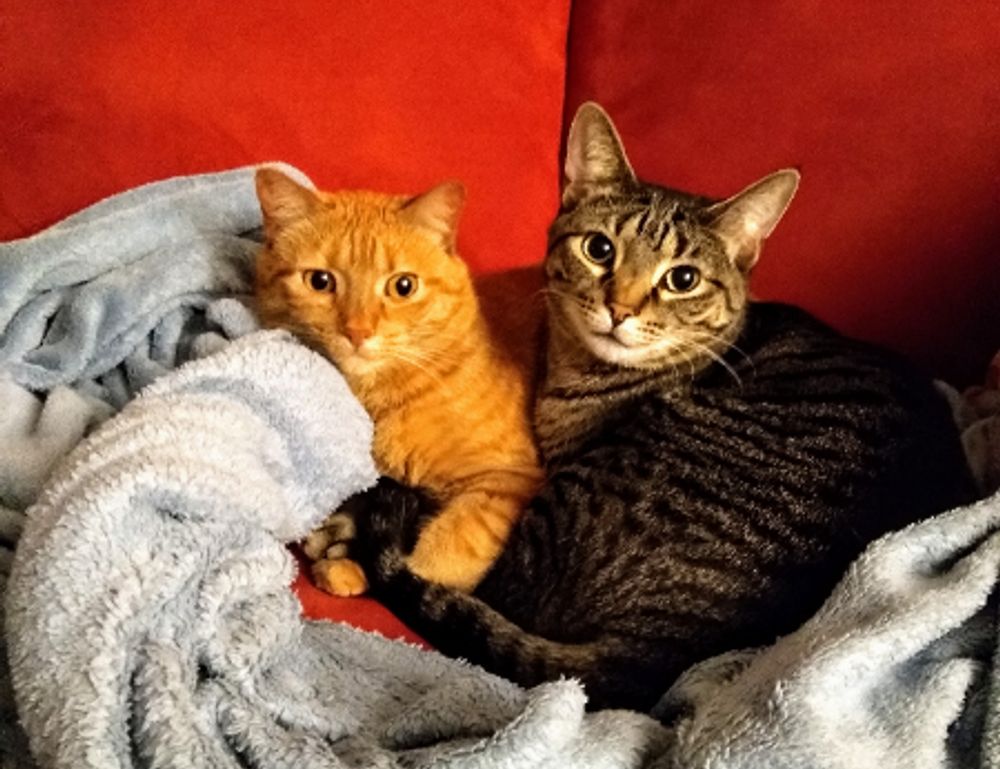2258193051 in Context
Now let’s give this number some straightforward context. There’s nothing harmful about it. No record ties it to illegal activity, sensitive data, or confirmed scams—at least as of this writing. That could change if someone adopts it intentionally, like branding a project or turning it into a hash tag. Until then, it’s internet driftwood: floating, noticed, and possibly picked up for a future purpose.
So, what should you do when you come across 2258193051 again? Probably nothing. Maybe smile and remember this article. Or, spin a theory and join the conversation. At the end of the day, it’s just another mysterious piece of the digital puzzle we’re all part of.
Unpacking 2258193051
Let’s keep it simple. 2258193051 isn’t a traditional keyword, slang, or known code. There’s no established dictionary meaning or instant cultural reference. That makes it intriguing. People search for meanings behind it, trying to tie it to phone numbers, IDs, secret codes, or even viral content. But as of now, it mostly lives in the space between curiosity and confusion.
So what do we actually know? It’s a real number. It follows no particular formatting that reveals location or purpose (like a ZIP code or a phone area code). And yet, it continues to pop up in different corners of the internet. Guess what that usually means? Either it’s part of a growing niche trend or connected to something deeper—possibly algorithmdriven or generated by user behavior.
The Curiosity Hook
Why do odd strings like 2258193051 catch on in the first place? It’s pretty basic psychology. Humans are patternseeking. When presented with something that feels random, our instinct is to decode it. Add to that the echo chamber of social media: someone questions what it means, others chime in, theories brew, and suddenly it feels important, even if it started from nothing.
Plenty of examples follow this exact pattern. Think about random usernames, timestamps, or page numbers from obscure references that suddenly take off. It’s not always the meaning that matters—it’s the mystery.
Could It Be a Phone Number?
Now let’s touch on something practical. You type 2258193051 into Google. The first few hits might look like reverse phone lookup sites or listings under “who called me” type websites. That’s key. A lot of people assume that sequences like this are phone numbers or related to scam alerts. If you got a missed call with that number, you’re likely curious—or cautious.
In those contexts, the number behaves like thousands of others people report each day. Whether it’s a robocall, an abandoned line, or even someone dialing the wrong number, it’s fairly common for those calls to leave a bigger trace online than the actual event warrants.
Online Behavior and Digital Breadcrumbs
Here’s another angle: what if 2258193051 is part of digital tracking?
No, not in a dystopian scifi way. Think more like ad IDs, anonymous tracking codes, or machinegenerated identifiers for internal backend use. Modern web platforms generate tons of unique identifiers—user IDs, session IDs, object references. Think about the countless numbers you never see tied to accounts, transactions, or interactions.
Sometimes these numbers “escape” their systems—ended up cached on search engines, copied in forums, or embedded in image links. Once something like that appears in public, curious people spread it.
The Virality of Nonsense
Here’s the kicker: most things that go viral in niche corners of the web start out as noise. It’s the feedback loop of curiosity and repetition that fuels their visibility. 2258193051 might just be another example. Something meaningless that becomes meaningful because people ask about it.
It’s a paradox that actually fits perfectly in internet culture today. On any given day, the most searched terms aren’t always tied to actual needs or known events—they’re driven by curiosity, confusion, or trendfollowing behavior.
No Meaning is a Form of Meaning
That brings us to a strange point. If a number like 2258193051 has no confirmed origin, no verified use, and still captures attention, that in itself is noteworthy.
We’re living in a time when random data snippets can become viral artifacts. People assign theories, argue beliefs, or turn them into memes. Once something moves into that space, it has meaning—just not the kind you’d find in a dictionary. Instead, it’s narrativedriven. People create backstories, speculate wildly, or just have fun with it.
This isn’t new. Look up L337 speak, fake ZIP codes, or numeric puns from early internet forums. The idea that a number could become part of subculture just by existing in the right place, at the right time? That’s oldschool internet behavior.
Final Word
In a world where algorithms and human curiosity collide daily, even something like 2258193051 can become a momentary headline in someone’s scroll. You don’t need to hack the NSA or solve the next big mystery—it might just be a number. But that doesn’t make it any less interesting.
And who knows? Maybe next week, 7348821990 or 8927346205 starts trending. You’ll be ready.


 Founder & Pet Wellness Advocate
As the visionary founder of Pet Paw Shack, Kimberliene Sabinin is passionate about helping pet owners provide the best care possible for their furry companions. With a background in veterinary science and animal nutrition, Kimberliene brings years of experience in promoting pet health, safety, and well-being. Her mission is to empower pet owners with practical knowledge about proper nutrition, behavior training, and overall pet wellness.
Founder & Pet Wellness Advocate
As the visionary founder of Pet Paw Shack, Kimberliene Sabinin is passionate about helping pet owners provide the best care possible for their furry companions. With a background in veterinary science and animal nutrition, Kimberliene brings years of experience in promoting pet health, safety, and well-being. Her mission is to empower pet owners with practical knowledge about proper nutrition, behavior training, and overall pet wellness.
